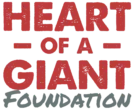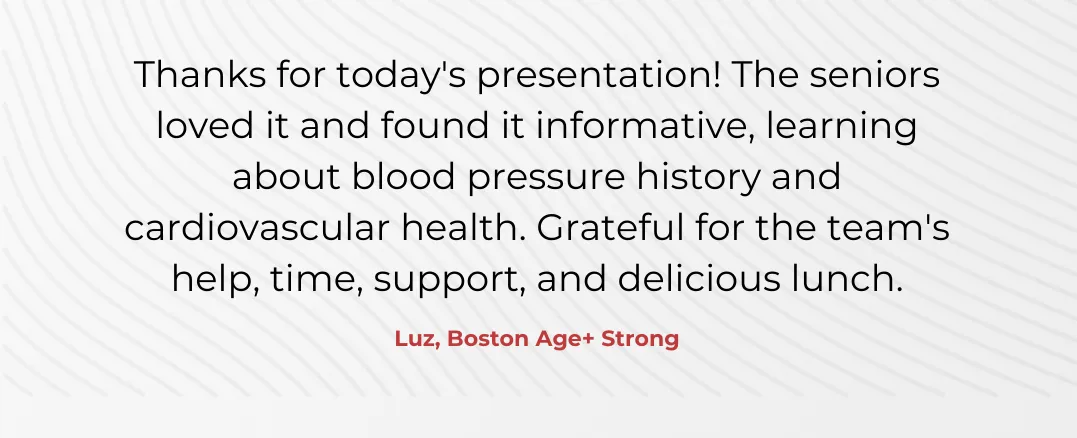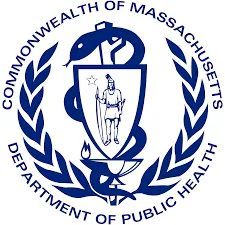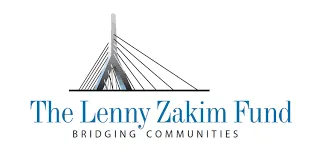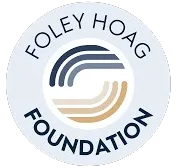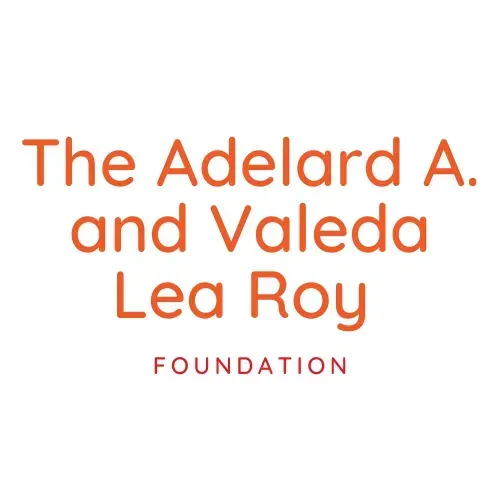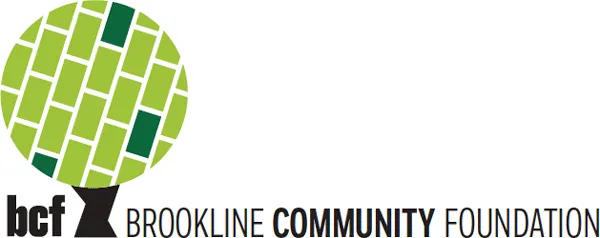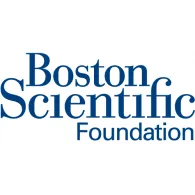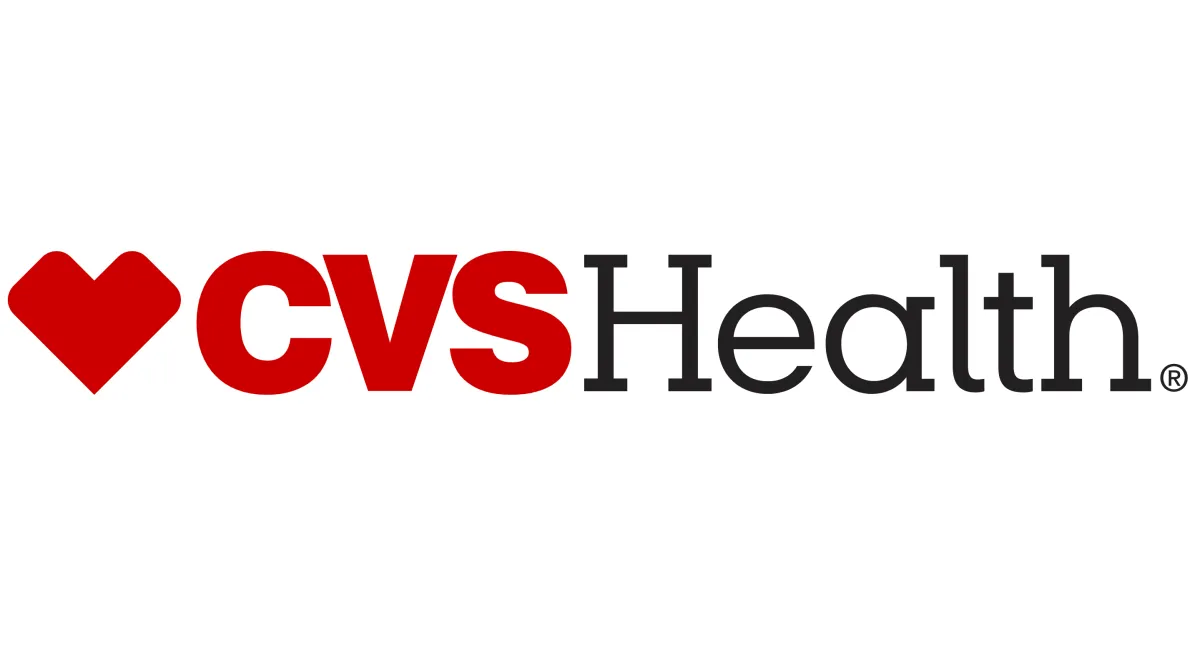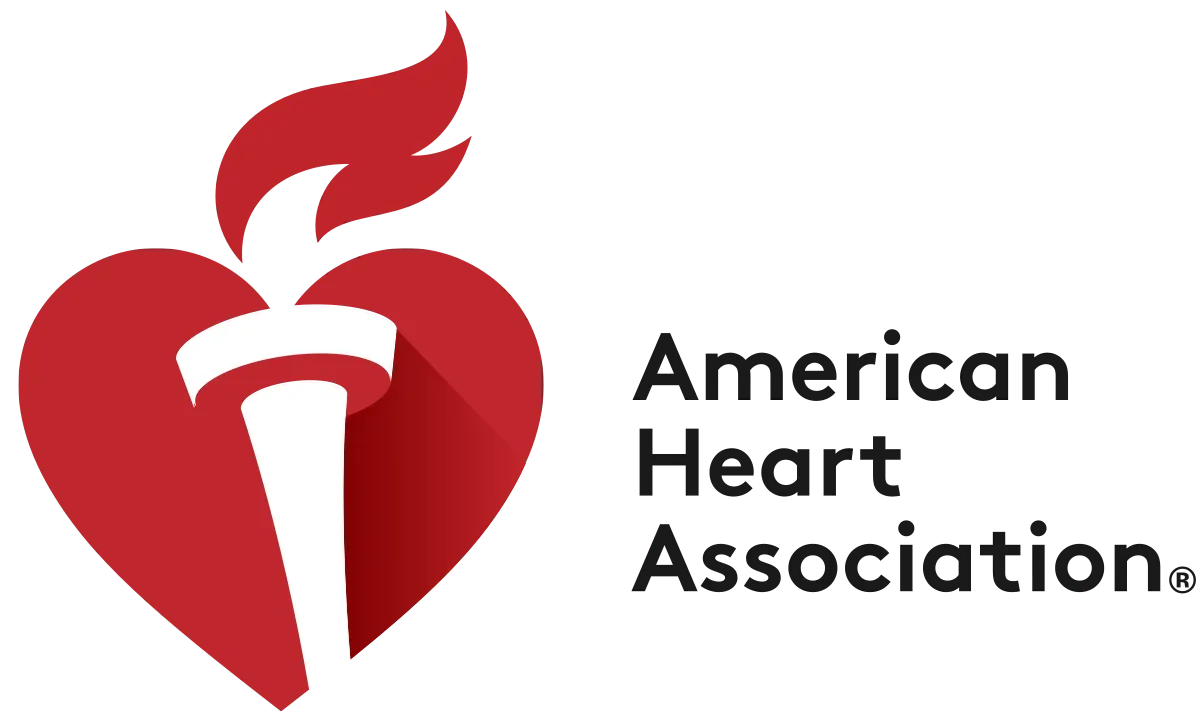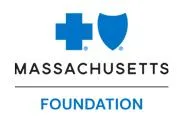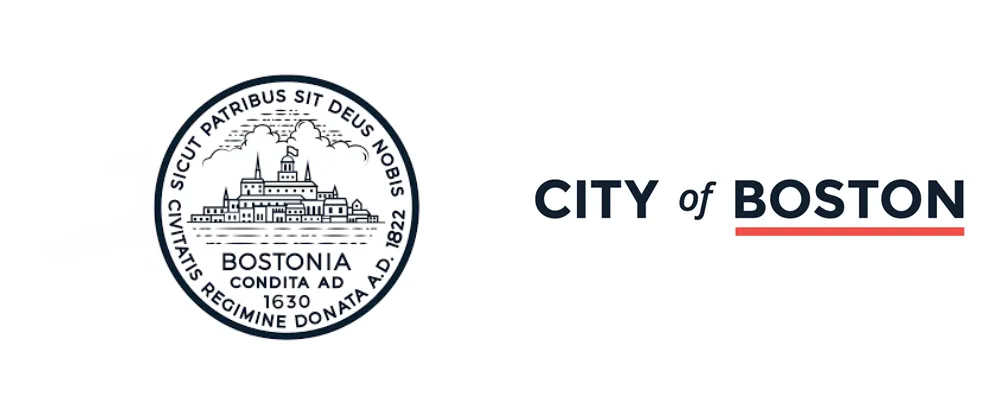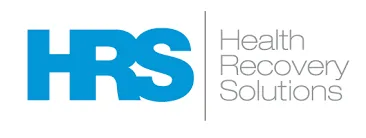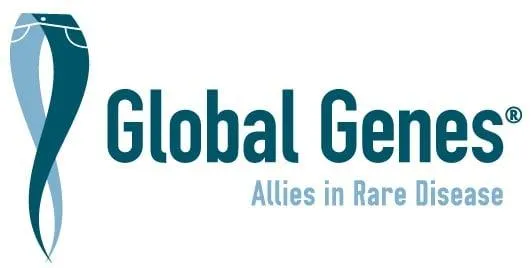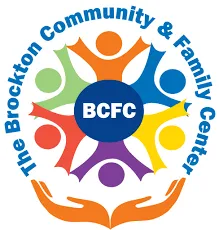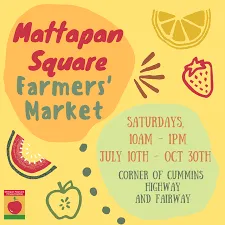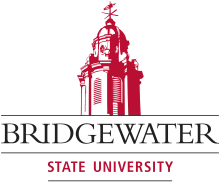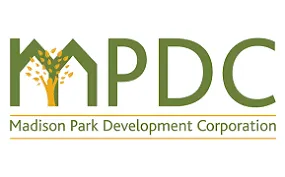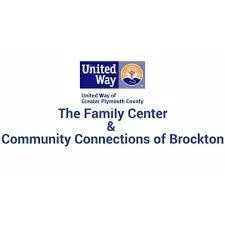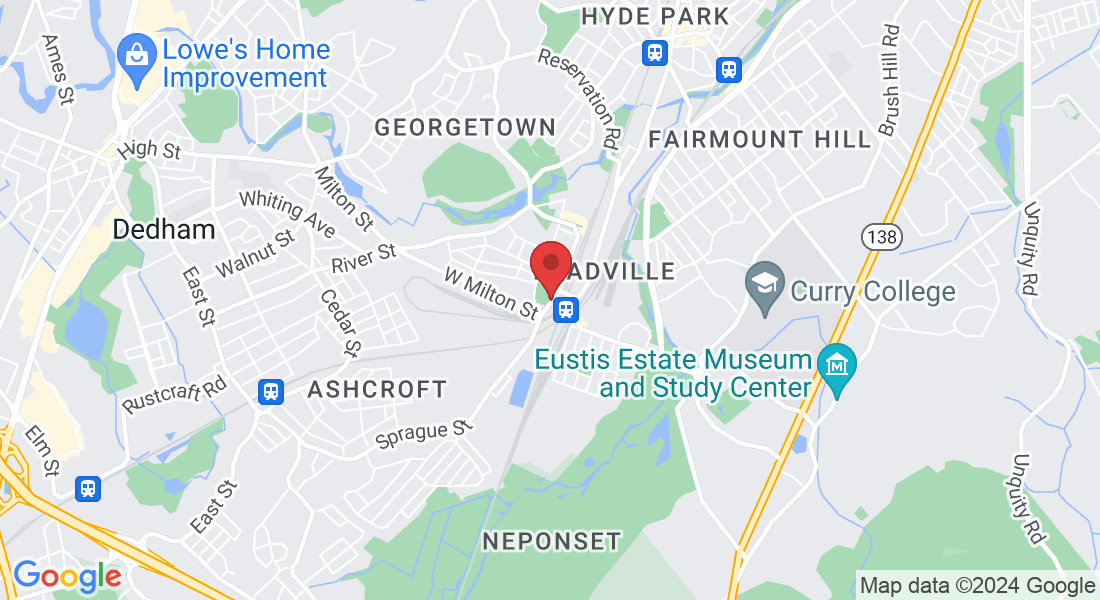About Us
Heart of a Giant Foundation
HGF
About Heart of a Giant Foundation
At Heart of a Giant Foundation, we are committed to reducing the impact of heart disease worldwide. We strive to become the leading partner in detecting, diagnosing, and managing cardiac risk factors. Our multi-level intervention programs empower individuals to take control of their health. Join us now to impact communities affected by heart disease significantly.
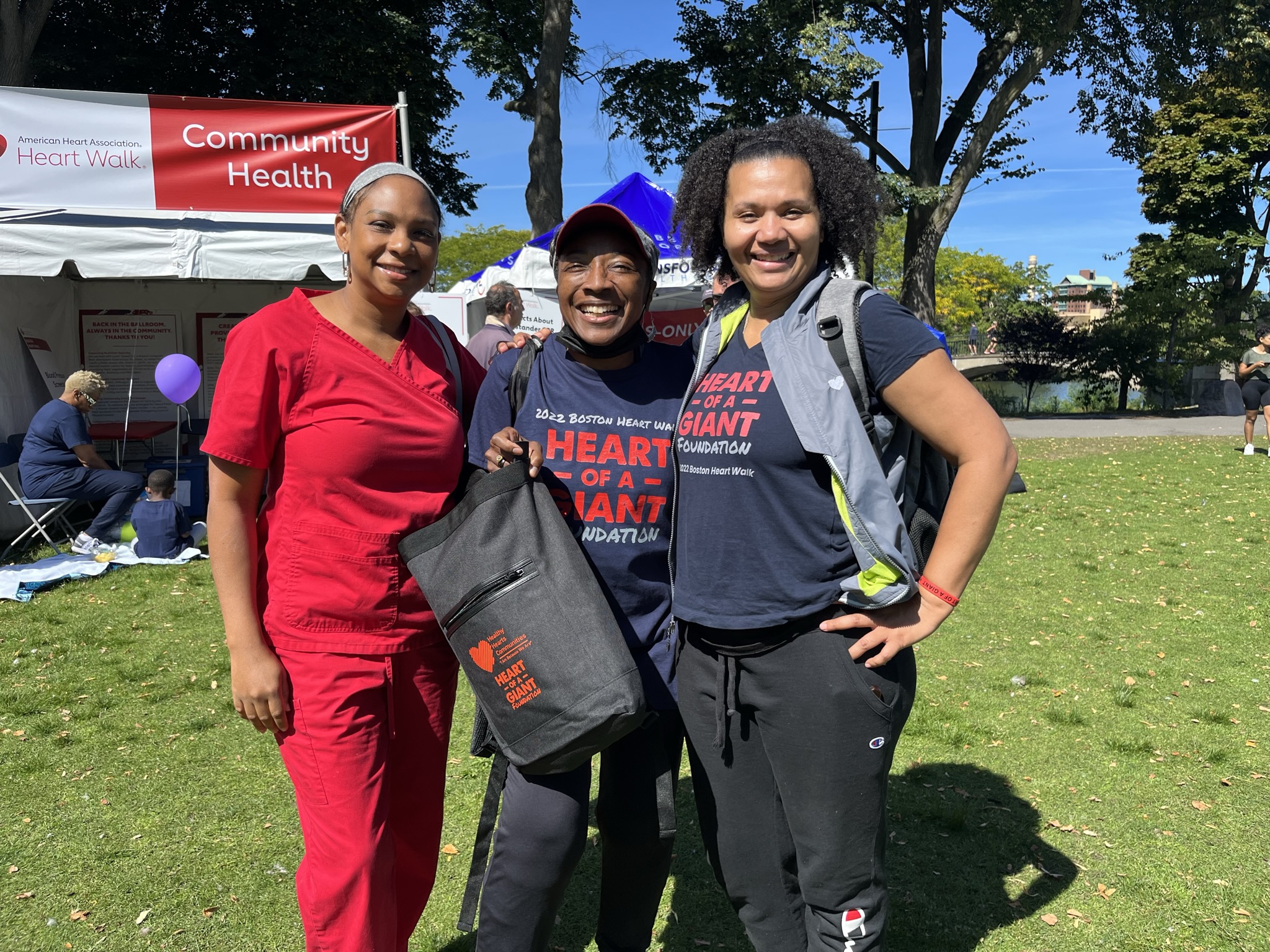
Our Vision and Mission
Our vision is clear: to ensure that every individual in the community has access to effective heart health education, superior healthcare assistance, and community resources, enhancing their overall health, quality of life, and the management of their heart conditions and related risk factors. We strive to achieve this vision by:
Our mission is to proactively identify heart-related risk factors in at-risk population groups, provide them with the support and knowledge they need to become self-reliant, and advocate for managing and living with their health conditions.
Raising awareness about risk factors and symptoms of cardiac conditions;
Promoting regular health check-ups, screening, and early diagnosis;
Providing culturally intelligent and responsive services;
Improving patient-provider relationships;
Enabling access to improved care and better health outcomes;
Empowering patients and caregivers, and
Promoting advocacy and self-advocacy.

Some Tough Truths About Heart Disease
Heart disease remains the No. 1 cause of death both in the US and the World, with staggering statistics highlighting the urgency of our mission:
18 million+ lives are lost to heart disease globally each year.
655,000+ deaths occur in the US annually due to heart disease.
495,000+ individuals suffer from high blood pressure-related casualties every year.
Despite these alarming figures, only about 49% of Americans are aware of their heart health status, underscoring the critical need for increased education and awareness.
High blood pressure, also known as hypertension, is a common heart condition that has been identified by the US Centers for Disease Control and Prevention (CDC) as a leading risk factor for heart disease, stroke, kidney disease, and vascular dementia.
According to a recent study conducted by the Boston Public Health Commission, one out of every four adult residents in Boston reported having hypertension. The study also found that the percentage of hypertension was higher for Black (36%) and Latino (27%) adults compared to White adults (20%). Neighborhoods with predominantly Black people, such as Mattapan, Dorchester, or Roxbury, had hypertension rates ranging from 34% to 42%.

More About Us
Eager to learn more about our efforts and impact? Visit our News and Insights Page. It's a space where we share blogs, insights, stories, and project updates. Our blog isn't just about posting articles; it's a platform for engagement. We love interacting with our readers in the comments section, fostering a community of like-minded individuals passionate about advancing the world of heart health.
Join us at Heart of a Giant Foundation as we work with our communities, supporters and partners to turn the tide against heart disease, one heart at a time.
News and Insights
Disclaimer:
The information shared on this page is not intended to replace professional medical advice. Always consult with a healthcare provider for any medical issues.

The link between mental health and physical health
The link between mental health and physical health
By Lewis C. Howe
Over the past several months, I have been sharing my journey toward achieving lower blood pressure and weight loss with the hope of helping others improve their heart health.
In this piece, I want to discuss the connection between mental health challenges and the decline in physical health.
For most of my life, I was thin due to smoking and drinking instead of having balanced meals. However, quitting these habits led to weight gain and hypertension. Complicating things further is my lifelong struggle with anxiety and depression. Whenever my physical health declines, my mental health worsens, and it exacerbates my existing medical issues. To tackle these problems, I recently consulted my mental health provider and nutritionist. At times like these, treating the entire body, including the mind, is crucial to prevent minor problems from becoming catastrophic. My therapist, who has been with me for almost 15 years, reminded me that I've overcome worse times. I used to motivate myself to stay on a healthy track by aiming to be present in my children's lives when I struggled with depression and anxiety. Now that my children are older, I'm reassessing my life and contemplating what I want to do.

Photo by TienDat Nguyen on Unsplash
My therapist, nutritionist, and primary care doctor all want me to live a healthy life into old age. Still, I need to be willing to make the effort. I told them I don't see myself taking up extreme activities in my 60s, so I need to consider what I enjoy doing and what new pursuits I'd like to explore in my free time. I don't have all the answers yet, but one thing I've been able to do is rekindle old interests in the arts and antique shopping. I've moved to a small town with a vibrant theater community and several second-hand shops. Instead of attending my youngest child's soccer matches on Sundays, I walk downtown from my house, explore the shops, and read local literary magazines at a coffee shop. It takes me back to my youth in the city and helps me feel connected to my new community. Apart from the high-fat muffins at the coffee shop, this has proven to be a good strategy for my well-being and overall health. Despite the challenges, my average blood pressure has only slightly increased, and I've gained back only 4 pounds of the 22 I lost last year.
Returning to a heart-healthy lifestyle requires more than avoiding unhealthy foods and drinks. I need to manage my blood pressure through a sound mind and body. This path takes work. In times of great personal stress, I often sought comfort in unhealthy foods, which led to obesity and hypertension. I must remind myself that a healthy heart begins with a healthy brain. I must resist temptations and remind myself that I will feel better and likely live longer by taking better care of myself. The next few weeks are going to be challenging, and I will document my progress as before. I welcome suggestions from you, my readers, and encouragement as I get back on track. To anyone else struggling, I urge you not to give up, even when faced with setbacks in life.
-
Testimonials
The Heart of a Giant Foundation, Inc. is a 501(c)(3) nonprofit organization, EIN 84-2900386. Donations are tax-deductible.
